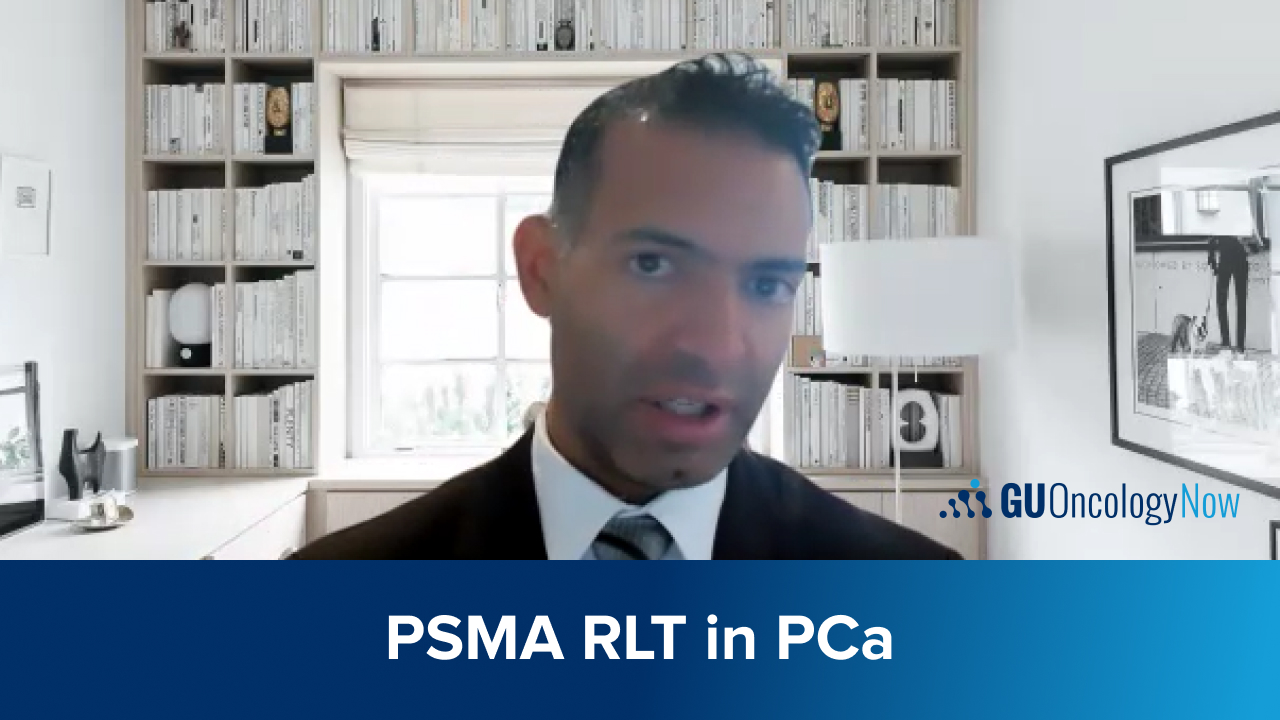
A recent study recommended germline sequence analysis as an addition to tumor sequence analysis in patients with advanced cancer as this could help guide treatment. The results were published in the Journal of Clinical Oncology.
The researchers identified patients undergoing tumor genomic profiling who agreed to undergo germline cancer predisposition gene analysis between 2015 and 2019. A precision oncology knowledge base was used to stratify therapeutic actionability among patients who had germline likely pathogenic or pathogenic (LP/P) alterations.
The final analysis comprised 11,947 patients with advanced cancers, representing more than 50 malignancies. Overall, 17% of patients had a germline LP/P variant; per oncology knowledge base classification, 9% of patients had an LP/P variant in a gene with therapeutic implications, including about 4% each with level 1 and level 3B, and less than 1% with level 4. Variants associated with therapeutically actionable findings included BRCA1/2 (42%), CHEK2 (13%), ATM (12%), mismatch repair genes (11%), and PALB2 (5%).
A separate analysis was conducted of patients with metastatic or recurrent cancer (n=9,079). Among these patients, 8% had level 1 or 3B genetic findings; 3.2% of the cohort underwent germline genotype–directed therapy, including patients with level 1 (61%) and level 3B findings (18%). Germline genotype–directed therapy was received by 54% of BRCA1/2, 75% of mismatch repair, 43% of PALB2, 35% of RAD51C/D, 24% of BRIP1, and 19% of ATM carriers.
“In a pan-cancer analysis, 8% of patients with advanced cancer harbored a germline variant with therapeutic actionability with 40% of these patients receiving germline genotype–directed treatment. Germline sequence analysis is additive to tumor sequence analysis for therapy selection and should be considered for all patients with advanced cancer,” the researchers wrote in their conclusion.







 © 2025 Mashup Media, LLC, a Formedics Property. All Rights Reserved.
© 2025 Mashup Media, LLC, a Formedics Property. All Rights Reserved.